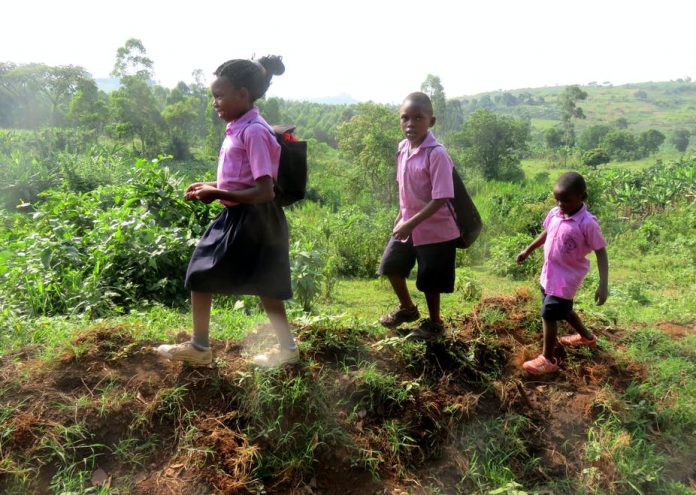The government of Uganda introduced the mother tongue education programme with hope of improving literacy levels 12 years ago. But the training of teachers at colleges was not modified to match the introduced programme.
In a recently published study we conducted in 2018 in three rural schools in Northern Uganda, Gulu District, we found that teachers complained about inadequate training in the mother tongue, Acoli. Teachers said they weren’t taught the local language as subject at college and this made them feel inadequate to teach in the language.
This limited training affected the teaching of the learners’ mother tongue and ultimately, the level of literacy acquisition, which is both slow and poor. For instance in 2016, Uwezo, an East African organisation that reviews learners’ progress, found that pupils in Grade 3 and 7 had a competence rate of 25% when assessed in reading English and numeracy.
National exam data from 2017 where children in Grades 1 to 3 were assessed in English and local languages in government schools, showed that only 27% of the pupils could identify 4 out of 5 Acoli letters. Acoli is the dominant language spoken in Gulu and the language taught as the mother tongue and used as the language of teaching and learning. Read more…



